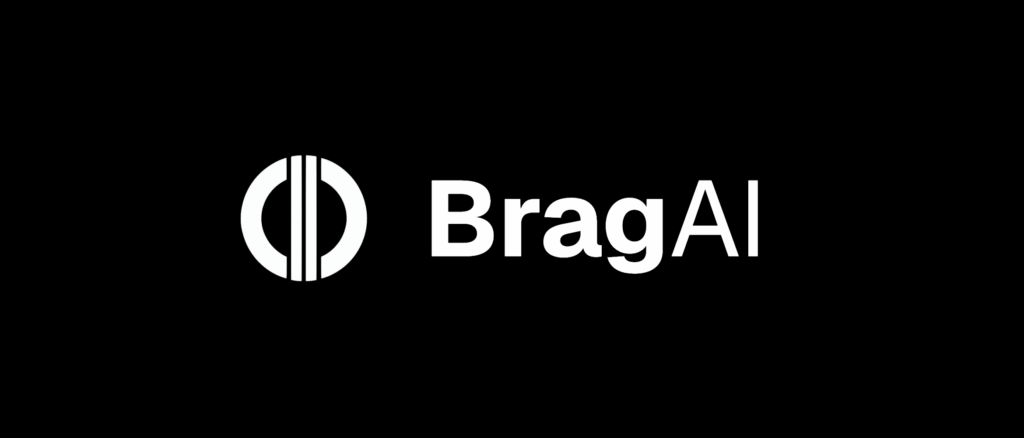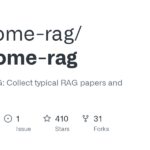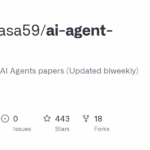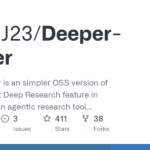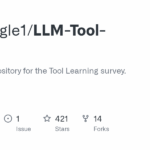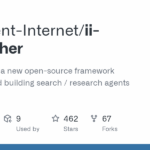bRAG langchain
Basic Information
This repository is a hands-on, developer-focused collection of notebooks and resources for learning and building Retrieval-Augmented Generation (RAG) systems using LangChain. It serves as a guided exploration from introductory concepts to advanced RAG implementations, providing a boilerplate starter for a fully customizable RAG chatbot. The materials cover environment setup, embedding generation, vector stores, retrieval pipelines, multi-query strategies, routing and query construction, indexing strategies, reranking, and experiments with different retrieval models. The README highlights key notebooks to run in sequence, required environment variables, and recommended Python version. The primary intent is to help practitioners prototype, experiment with, and understand RAG architectures and components rather than to provide a hosted service. The project also references related tools and research techniques used in modern RAG stacks and announces an associated BragAI public beta.

